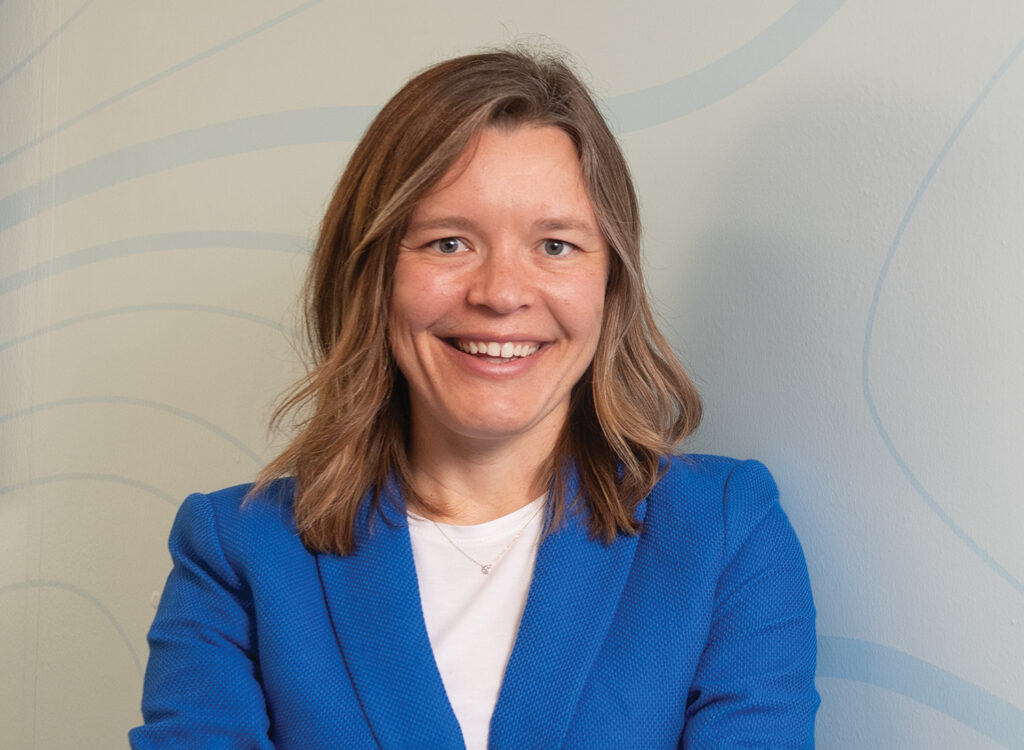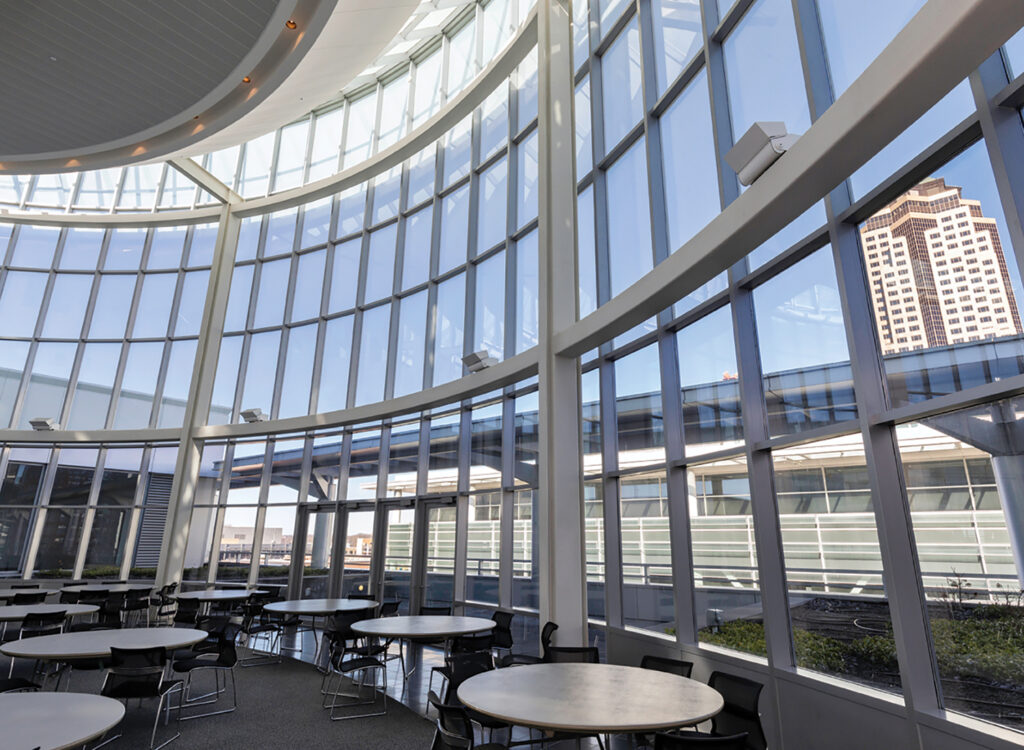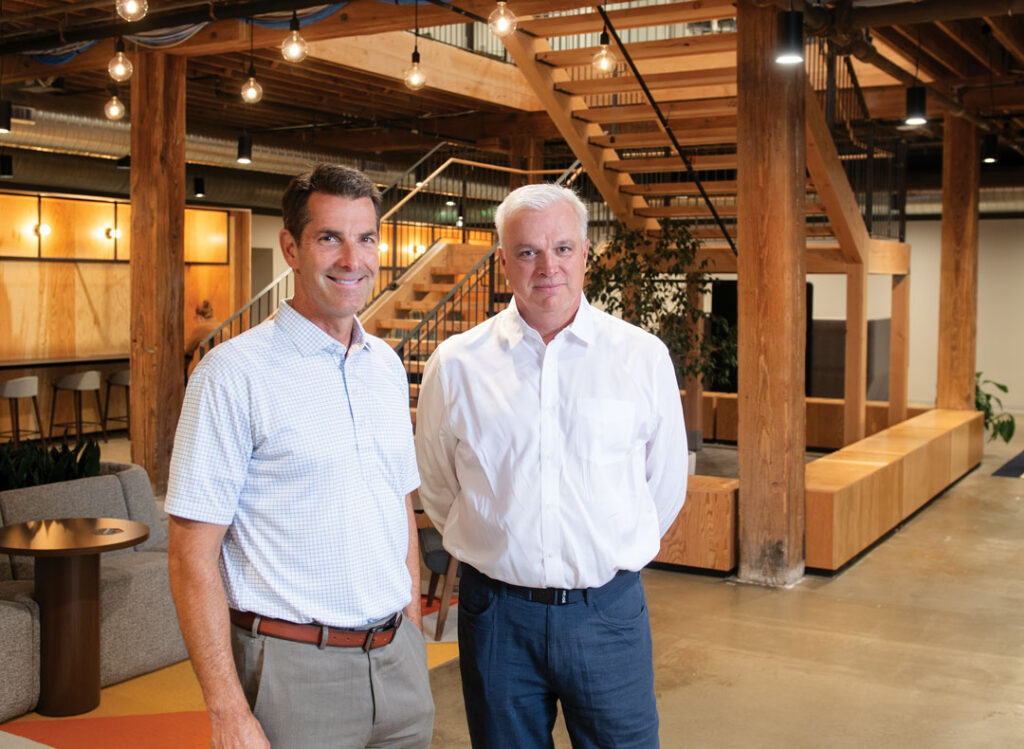A Closer Look: Leisa Fox
Take a closer look at the executive director of Youth Emergency Services & Shelter

Having worked her entire career in sales, marketing and communications, Leisa Fox is now focusing her leadership skills at the helm of Youth Emergency Services and Shelter in Des Moines, where she was named executive director in January. Fox worked for more than a decade at the Iowa Association of Business and Industry as senior vice president, and just before joining YESS was director of external relations with West Des Moines public relations firm Strategic Elements LLC. Located in a former school building just a few blocks south of the East Village, the facility provides 24/7 emergency housing as well as counseling and alternative therapies, and houses the state’s only crisis nursery for infants and toddlers. Among Fox’s primary goals with YESS is to make YESS an employer of choice in Greater Des Moines, and to help the organization to broaden its services to the Central Iowa community.
How did you find out about the executive director opening?
I was so clueless about what YESS did before I came here. I got an email from one of my connections, who said, “I think you should really look at this opportunity.” … My out-of-hand answer was, “I couldn’t do this.” But he said really look at the job description, and probably the first 10 requirements, I said, yeah, I can do those, but others [like Medicaid reimbursement and children’s behavioral health knowledge] I don’t know at all. But I looked at the online profiles of our leadership team. … So I thought, they’ve got the knowledge and industry insight, I just need to bring the leadership and a culture shift.
Has it been a pretty significant learning curve?
It has; I use the analogy of drinking out of a fire hose a lot. The really good thing about this industry is it’s very intuitive. Our job is to protect these kids, and I love children. Our employees are absolutely fantastic, so it’s really just supporting both the kids and the staff. The real challenge for me is getting a grasp on public funding — most of our funding does come from public sources. We haven’t seen an increase in over eight years on much of our funding. … The costs of everything have gone up astronomically, and yet our reimbursement rates stay the same. It really puts a challenge on the services that we provide, so we have to be creative.
How important is the annual Duck Derby to your funding?
That is a very significant source of funding, and our partners do a lot of the heavy lifting. We adopt out about 35,000 ducks, and last year, for example, Wells Fargo was responsible for almost half of those duck sales. So we couldn’t do it without our corporate partners and sponsors. Without those private funds, we couldn’t sustain ourselves.
How does the current shelter capacity match up with demand in the community?
We’re right at about the right size now. On the high end, we’ve run 56 clients per night, and I’ve seen it as low as the high 40s. The opportunity that I think we have is opening up beds for respite care. … It’s an opportunity for us then to identify the issues there in the home, and wrap our services around them, like our counseling department, Hope Hall, and our Integrated Home Health Department.
What are some of the organization’s priorities in the next few years?
We really want to work on diversion. When we have clients that come in, they’re either court-ordered, or they’re brought in by the [Iowa Department of Human Services] or even their parents at some points. And when they come in, there’s a huge opportunity to divert them from the shelter and keep them within their families. There is the Family First legislation on the federal level, and we want to work as closely as we can with the state of Iowa to identify ways to really support that legislation.
What are some of the underlying issues that need to be addressed?
Substance abuse is an underlying cause in the majority of the kids that come in. Either their parents are addicted, or they themselves are addicted. So how can we broaden services to better help that community? Another issue that we’re seeing over and over again, which is terrifying, is the CSEC — the commercially sexually exploited children. So that’s the new term for sex trafficking. We see the CSEC community is growing at a horrific pace. We see great opportunity to provide very specific services to that community. We have had 37 CSEC victims in our shelter in the last 14 months.
What other opportunities do you see for expanding YESS’ services?
I think the services that we provide would highly benefit those that have private pay insurance, and opportunities to pay for it through their own resources. So what I’d like to do is help those parents with those kids that are a little bit challenging. The challenge for us is people just don’t know about [our services]. So really expanding that beyond our current audience would be great.
Besides the Duck Derby, are there other ways that businesses can help YESS?
Absolutely. The influence that they can have on our kids is huge. There’s a need for mentors. So the more people I can get, again, through these doors to see what we do, [the better]. They can make meals for the kids — we have a lot of companies that will come in and make breakfast. Other companies come in and grill out with the kids in the summertime. As you can imagine, being within these walls day after day, evening after evening gets a little trying and monotonous [for the kids]. So the opportunity for our corporate partners to provide tickets to athletic events, concerts or performing arts events is fantastic. We could not do what we do without our corporate sponsors. They’ve sponsored things like our courtyard, and right now we’ve got brick and mortar that’s falling off the side of the building, and our corporate sponsors are paying for those repairs. The other things that our corporate sponsors pay for is our alternative therapies — the music therapy and art therapy that is not publicly funded at all.
Tell me about the team that you lead.
We have 160 employees. We’re open 24 hours a day, seven days a week. So our shelter employs over half of those employees. The other half work in either our counseling department or our integrated home health department. … One of my greatest initiatives is becoming the employer of choice. So really working on our culture so that we’re the one that [potential employees] come to first.
What do you do for a hobby or relaxation?
I love to bicycle, so that is No. 1. My house is 26 miles from here, which is a perfect ride. So my plan was to ride my bike to work at least two days a week. Unfortunately, the trail ends just three blocks from here, and you can’t really get there from here on the trails, and I don’t like to ride on the streets. I also love to travel — that’s my passion. My daughter is a competitive cheerleader, so we spend a lot of time traveling to follow her. And my son is a college student, so I hang out with him. And I just got a new puppy, so little Addi [a golden doodle bichon] is taking up my time.









